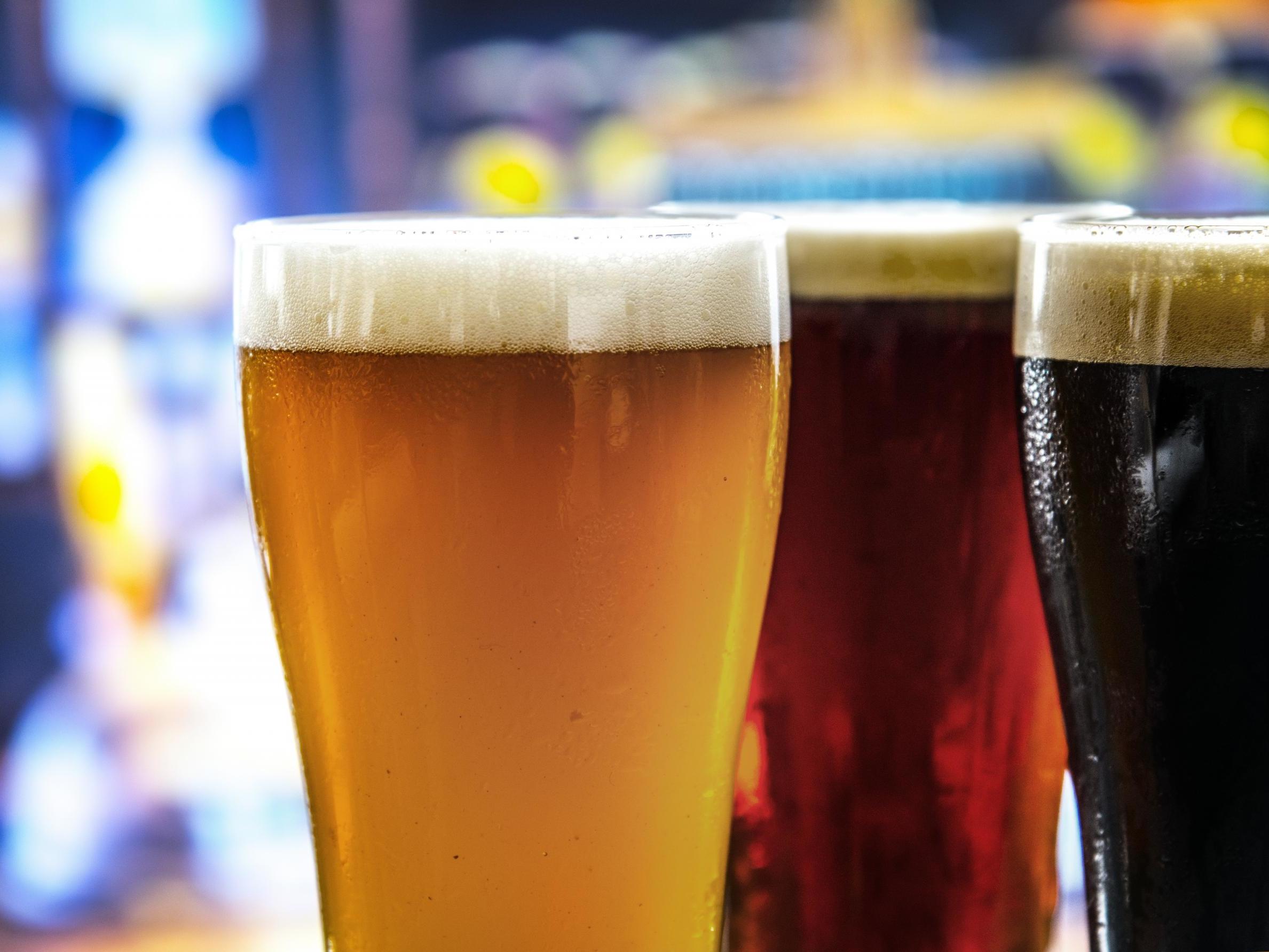UK universities struggling to stop dangerous initiation ceremonies and hazing rituals, figures reveal
Exclusive: Experts warn challenges on alcohol-heavy events have become more severe

British universities are struggling to stop dangerous student initiation ceremonies and hazing rituals – which experts warn have become more severe – following the tragic death of a first-year student.
Dozens of investigations into alcohol-fuelled initiation events have taken place at UK institutions over the past three years despite widespread bans, freedom of information requests by The Independent reveal.
Student societies are holding riskier initiation challenges as social media, as well as American films and TV shows, have encouraged them to “outdo” each other, according to the national university sport body.
The warning comes after Newcastle first-year student Ed Farmer died in December 2016 after attending a society initiation-style pub crawl where rounds of 100 triple vodkas were ordered.
And just this month, reports suggested that Loughborough first-year students were allegedly forced to eat maggots and dog food during an alcohol-heavy hockey initiation ceremony.
Between September 2016 and August 2019, 20 universities launched investigations into initiations or hazing events – and the majority involved sports clubs, according to data from FOI requests to 155 universities.
At the Royal Agricultural University, students were banned from playing their designated sport on campus in 2017-18 after they coerced new members to drink as many alcoholic concoctions as possible.
The data shows that another society at the university came under fire in the following year for encouraging students to consume high volumes of alcohol as part of a “welcome drinks” event.
Meanwhile, 12 members of the Rugby League team at the University of Central Lancashire were investigated for highly antisocial and offensive behaviour, including “hazing-type activities”, in 2017-18.
Ten of the students incurred a final written warning, one student incurred a written reprimand effective for a year and one student was withdrawn entirely from the university following the incident.
Other sanctions include bans from matches, societies, or social events; fines and community service.
But the National Union of Students (NUS) says universities need to do more to ensure students are safe and are aware of the risks of significant alcohol consumption.
Rachel Watters, NUS women’s officer, said: “Universities could do much more in providing sober spaces and could do more work in tackling lad culture. We need an overall culture shift to happen.
“There is still a pressure to participate in these initiations and hazing – and the peer pressure encourages excessive drinking. Students are still taking risks.”
She added that simply banning initiation activities is not enough as the evidence shows that students are still holding the events outside the knowledge of the universities.
It is hoped that an anonymous reporting system online – to be launched in January by governing body British Universities and Colleges Sport (BUCS) – will help students and parents to speak out about these events taking place.
Vince Mayne, chief executive of BUCS, said: “We need to make a mass movement that this is universally not acceptable. It is not just unacceptable at one or two universities. It is right across the piste.”
Speaking to The Independent, he warned that initiations across UK campuses have now reached “extreme levels”, adding that some of the “worst cases of hazing” have come over from the US.
He added: “There are issues with severity and I would link that to awareness through social media: ‘If X university has done that then I am going to make sure mine is even worse than that at my university.’
“So I think that has raised the stakes for people to outdo one another, which is not a healthy situation to get into. They see what is happening elsewhere and they try to copy it or outdo it.”
The organisation is working with academics on a programme called Changes – Challenging Hazing and Negative Group Events in Sport – which trains students about the consequences of initiation activities.
Professor Moira Lafferty, who developed the scheme being rolled out at universities across the UK, said she believes initiations have become more dangerous as students are consuming more alcohol than before.
“Challenges used to be around lager and cider and now you look at it, the alcohol consumption is absolutely horrific. More people drink spirits now than they used to and there is more extreme alcohol consumption,” said Professor Lafferty, of the psychology department at the University of Chester.
But she believes universities are beginning to take action. Since Changes launched in 2018, more than 40 institutions have taken part in educational workshops. And in September, Universities UK (UUK), which represents vice-chancellors, launched advice calling for institutions to adopt more training on initiations.
The guidance from UUK said universities need to do more to educate students about the dangers of these rituals and excessive drinking to prevent any more tragic deaths from taking place in the future.
A UUK spokesperson said: “It is vital that university is a safe and positive experience for everyone. No one should feel pressured into risky behaviours, on or off campus.
“Working together with Newcastle University, we recently released new advice for universities and students on the dangers of initiations.
“This sets out what universities can do to better protect students and encourage long-term behavioural change, and includes examples of good practice across the sector.”
Subscribe to Independent Premium to bookmark this article
Want to bookmark your favourite articles and stories to read or reference later? Start your Independent Premium subscription today.

Join our commenting forum
Join thought-provoking conversations, follow other Independent readers and see their replies